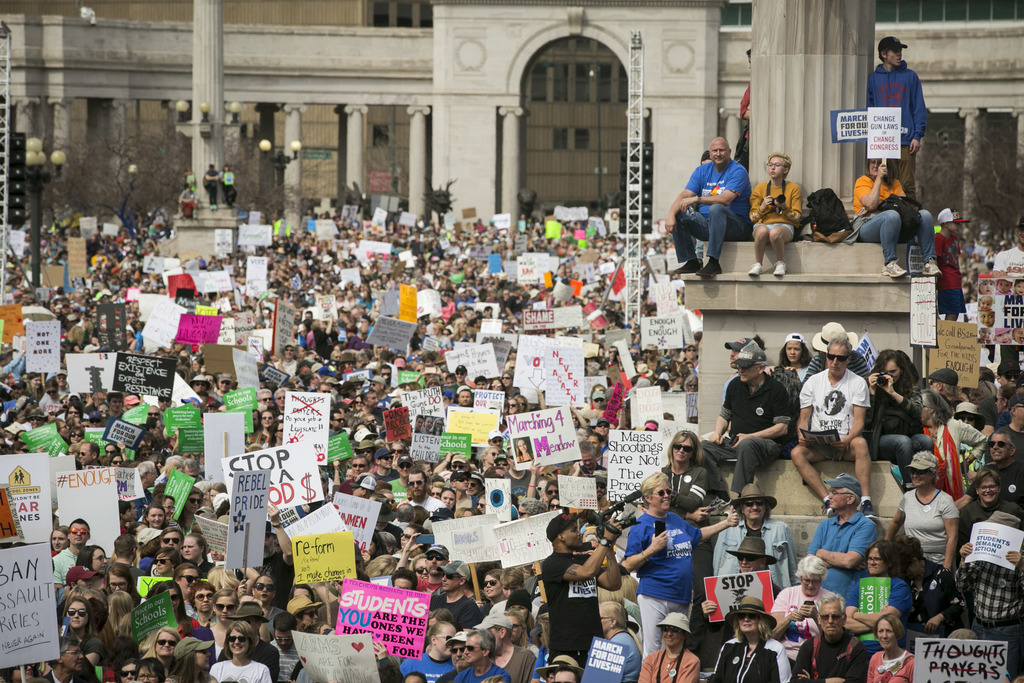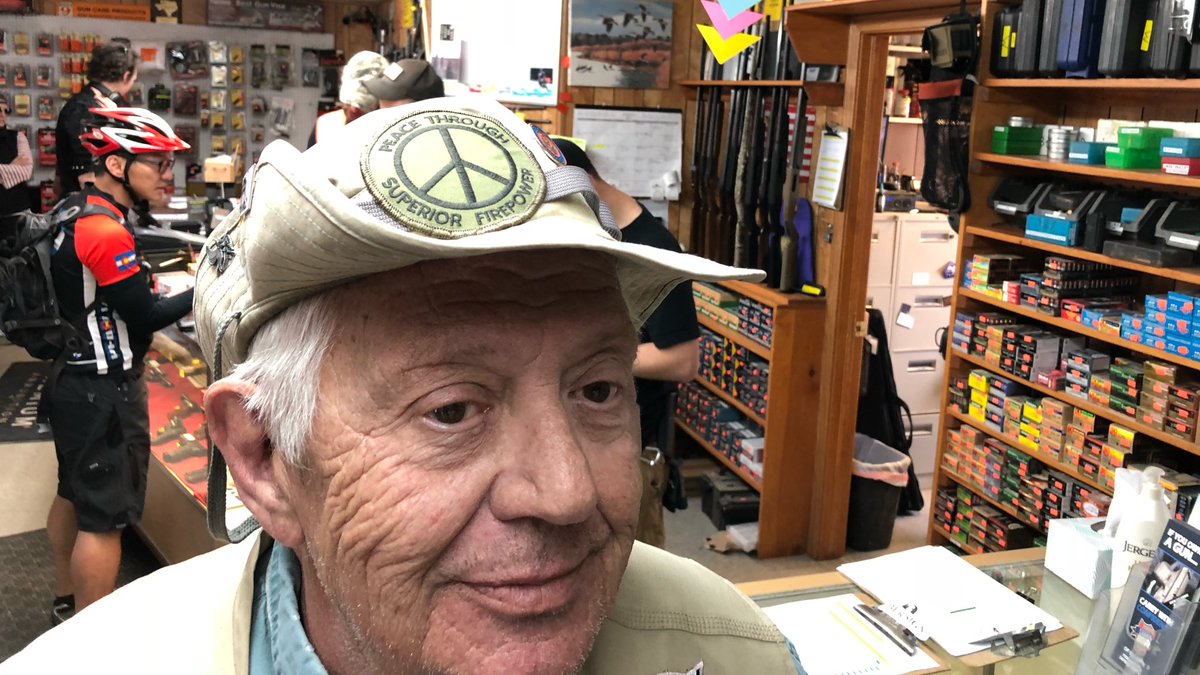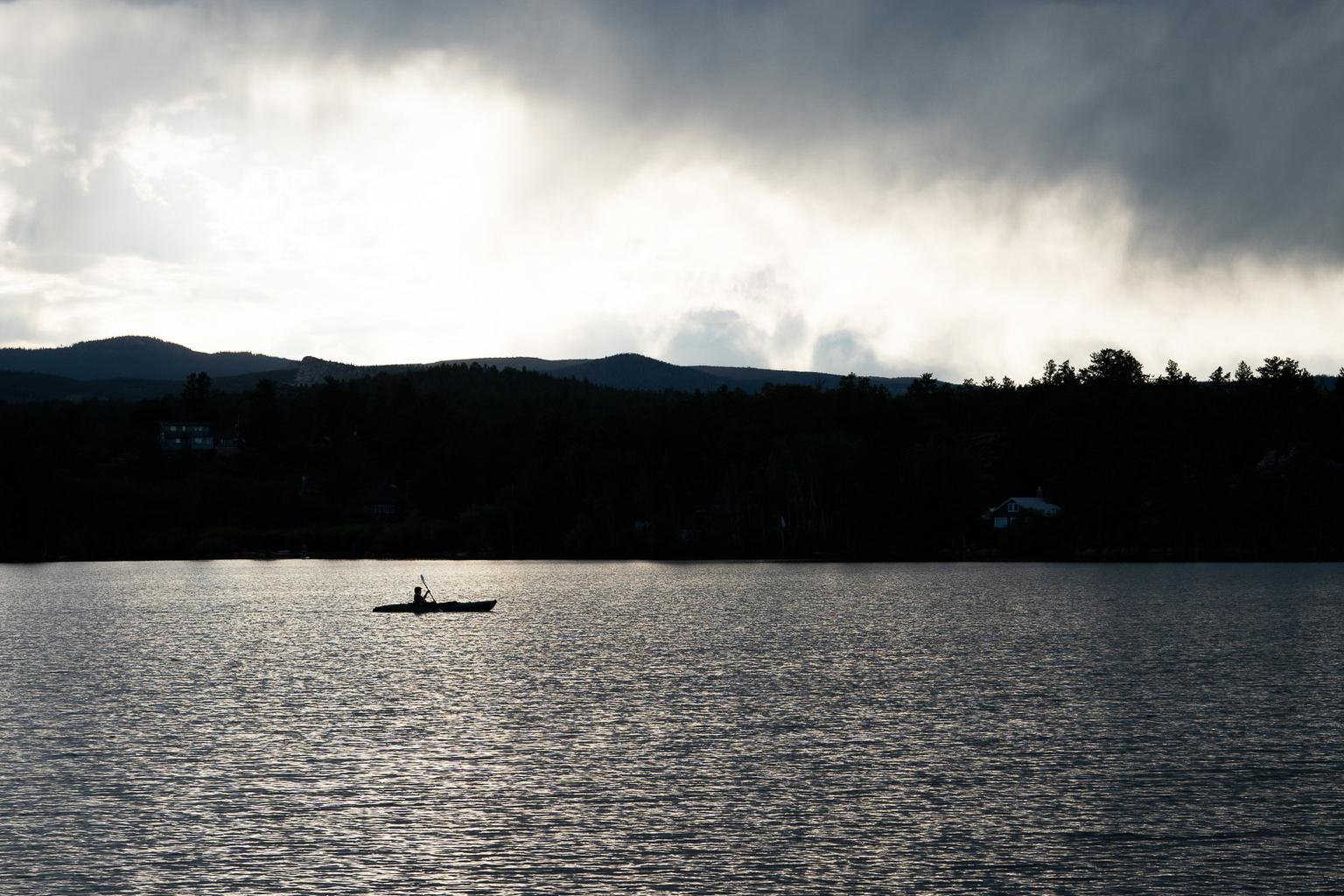

After the mass shooting at Marjory Stoneman Douglas High School in Florida, and students began protests in Colorado and across the country, CPR News reporters began to focus on gun violence, gun rights and school safety. We also asked readers and listeners to share questions they have about guns. We had numerous questions around three general areas that we've answered below. And we're working on more.
Jane Jones, Wheat Ridge: “Why do public high schools allow NRA to sponsor programs for Scouts, 4H, ROTC, etc. which creates "fun-gun" atmosphere for high risk youth? Target practice with an assault rifle is really fun. Rad. What could possibly go wrong?”

The Associated Press reported on this topic a month ago, and CPR News covered the topic locally. According to the AP, the NRA gave more than $7 million to schools across the country from 2010-2016. Colorado schools didn’t get much of that - about $36,000 in that time period.
The AP also reported that Denver Public Schools turned down NRA funding for their school programs in the wake of the Parkland shooting. According to Alex Renteria, a DPS spokesperson, the school system was receiving materials for ROTC from the NRA but no cash donations.
“The NRA’s position on keeping our schools safe from gun violence are clearly inconsistent with the stance taken by the Denver Public Schools’ Board of Education,” Renteria said.
Ann Cinabro, Fort Collins: “Please explain the history of why gun violence research can not be funded. Why shouldn't the government know who owns guns? They know who owns cars.”
The question of whether the government should know who owns a gun is one of the core questions in the gun debate, and we're not going to solve it here. The Giffords Law Center To Prevent Gun Violence offers arguments in favor of registration. This piece by Charles Cook in National Review offers arguments against registration.
As to whether research into gun violence: Basically, the Dickey Amendment, named after former Arkansas Rep. Jay Dickey, created a de-facto ban on federal funding for gun research in the 1990s. This was the status quo until the most recent federal budget.
After decades of impasse, the budget allows the Centers for Disease Control to study gun violence. However, researchers are skeptical because there is no funding support to do this research.
Dr. Larry Wolk, head of the Colorado Department of Public Health and Environment, told us that, "Without that conduit, without that pool of federal funds that we can tap into it really then falls on the state whether it’s through general funds, which we have no funding to date. We haven’t received any funding to date to do this, or even the private foundation community, who has shown some interest, but again not really funded anything direct in this area.”
That said, Dr. Emily Betz, here in Colorado, is one of the rare public health researchers who got federal money for research.
"Shortly after Sandy Hook when President Obama issued a directive about funding for firearm violence research, NIH has been funding work in firearms. It's generally very difficult to get NIH money, really, for anything, because it's very competitive," she told CPR News. "But our funding came from the National Institute of Mental Health, which is under the umbrella of NIH, and they've recognized that firearm suicide is a big problem and that we can't reduce suicide rates without addressing firearm access and firearm safety. And so that's how we received funding, through a competitive process."
Zach Hochstadt, Denver: “Who, if any, of Colorado's lawmakers has considered introducing legislation to require gun owners to carry liability insurance, the same way we do with auto insurance? Wouldn't the insurance industry be able to quickly assess which gun owners presented the highest risk? Could this be a tool for keeping guns out of the hands of people who demonstrated the highest risk—without infringing on second amendment rights?”
We found no legislation being considered in Colorado. In 2013, California, Connecticut, Massachusetts and Illinois each introduced gun liability insurance legislation that might have created a system where insurance companies specifically screened for gun owner risk before granting an individual a policy. But those measures never became law.
Mike Barry from the Insurance Information Institute, an industry-supported research group in New York, says that no states have required gun liability insurance because it would be too hard to come by.
“What happened in states where lawmakers looked to mandate this, one of the immediate concerns was that state legislatures were considering mandating a purchase of an insurance product that was not easily available,” he said.
In some cases, gun owners have managed to get liability coverage through their homeowners insurance policies, he said. However, in those cases it’s not that the insurance company assessed the risk of gun ownership. Instead, people might be able to get coverage because the gun incident happened on their insured property.








